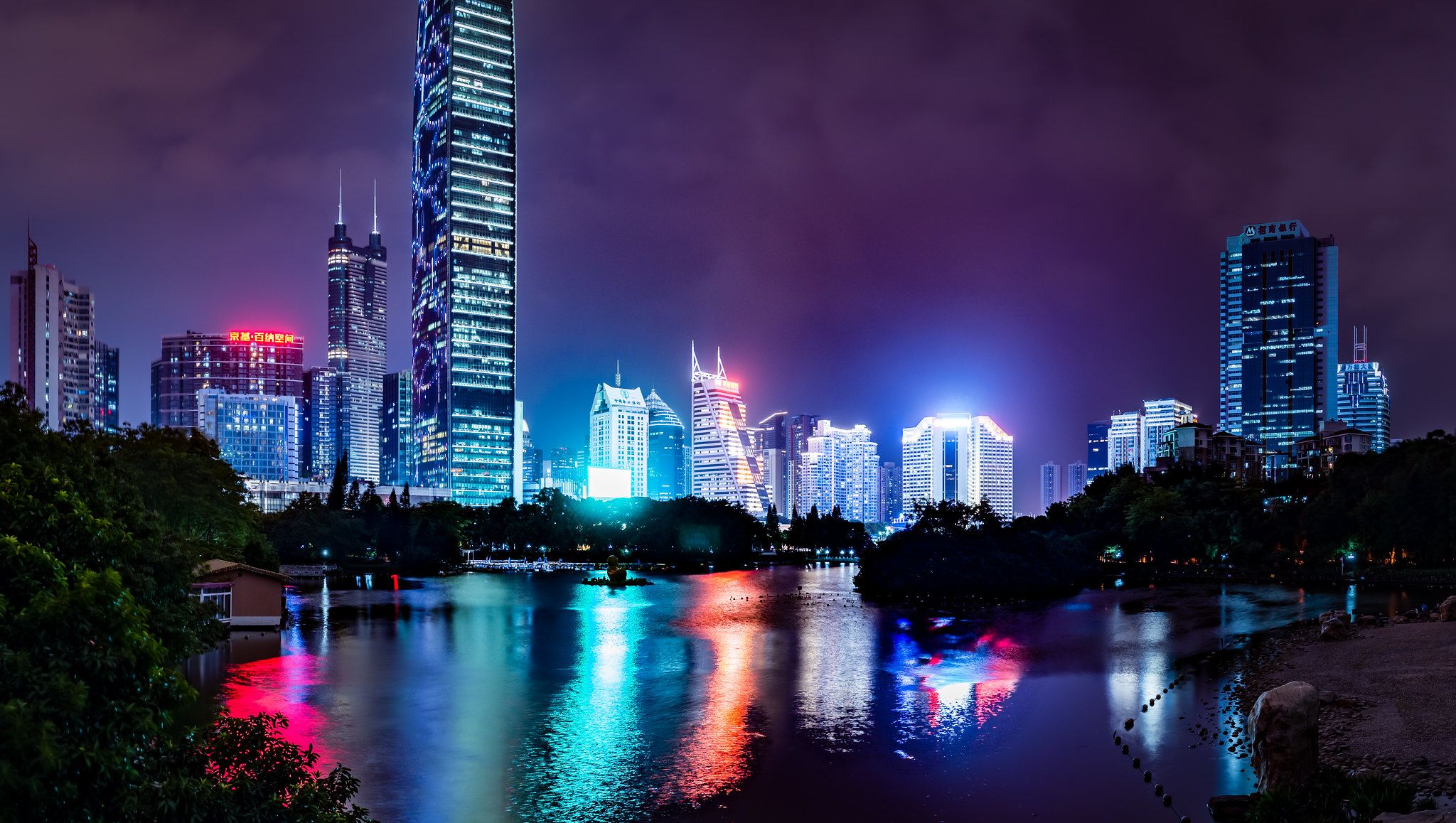Huawei shakes up Singapore cloud market
By GovInsider
The company is investing in infrastructure and talent to governments and companies in Singapore and build a regional hub.

Huawei is stepping into the breach by entering the market this month. CEO of Huawei International, Nicholas Ma, said “The launch of Huawei Cloud in Singapore will help to further strengthen Singapore’s leading position among digital economies in Asia Pacific”.
As it disrupts the incumbents, the company is investing in more data centres in Singapore, which will serve governments, large local companies including in tech and finance, and overseas companies that want to reach the regional market.
What is Cloud+AI?
What sets this new initiative apart is that it’s entirely driven by artificial intelligence, providing platforms to create affordable, effective, reliable and inclusive AI. Huawei has a research and development budget of over $15bn per year, with 80,000+ employees involved in R&D, building the next generation of tech.
There are three key things that will make a difference to governments. First, it will allow governments and companies to work at much faster speeds, rolling out services quicker and adapting to citizens’ requirements in real-time. So far, the development of AI has been both time-consuming and labour intensive. For instance, if a city needs to roll out changes to the entire CCTV network, it would have to repeat the work for every kind of camera that is part of its network. Huawei’s cloud supports an approach that would allow it to simultaneously adapt itself to every kind of camera that is part of the CCTV network.
Next, AI makes it cheaper than traditional cloud platforms. A unique “full stack” approach means that there is more efficiency built in at every step - from the infrastructure to networks and software. The same infrastructure can also be used across all scenarios and applications, whether that is for a large scale deployment for city infrastructure, or to help a small business serve its customers effectively.
Third, the AI ensures that the tech platforms are much easier to use and build new services on, with much of the intensive manual work automated with machine learning. Along with the tech, Huawei will “bring Cloud+AI programmes for government, enterprises and local talent”, said Roben Wang, President of Huawei Cloud in Asia Pacific. The company’s vision is to make it as easy as possible to use the tech and deal with massive amounts of data.
How can this help?
Shenzhen has used this platform for an “intelligent traffic brain” for law enforcement. It crunches enormous amounts of data - monitoring over 2,400 traffic intersections and 200 TB of video data per day - to improve public safety.
It can detect traffic violations, like talking on the phone while driving or not wearing a seatbelt, for instance. This has helped increase enforcement by 15 percent. It has also changed to a more dynamic management of traffic, with lights changing based on real-time traffic flow. This has reduced average waiting times at intersections by 17.7 percent. Meanwhile, a new command centre has helped shorten emergency response times. For example, motorcycle patrol officers in Shenzhen have cut response times by 67 percent.
In healthcare, cloud and AI are assisting medical experts to make more accurate diagnostics. In one case, KingMed Diagnostics has used AI to make breakthroughs in accuracy on cervical cancer diagnosis.
And in construction, intelligent computing has been used to predict weaknesses in infrastructure and prevent accidents. AI is used for automatic inspection of construction sites, which is 50% than manual checking and reduces construction errors by 30%. Huawei’s cloud platform can also help detect complex structural damages that happen in buildings over time, by analysing data from sensors in beams and boards.
Huawei is making a big splash in the region. In March, it launched its new cloud service in Hong Kong, which will give users access to cutting edge AI and Blockchain - platforms that it will look to bring to its customers in Singapore too. By the end of 2018, Huawei’s cloud services have been available in 40 zones across 23 geographic regions globally.
Join Huawei on 24 and 25 April to discuss how cloud and AI are shaping industries. Reserve your place.